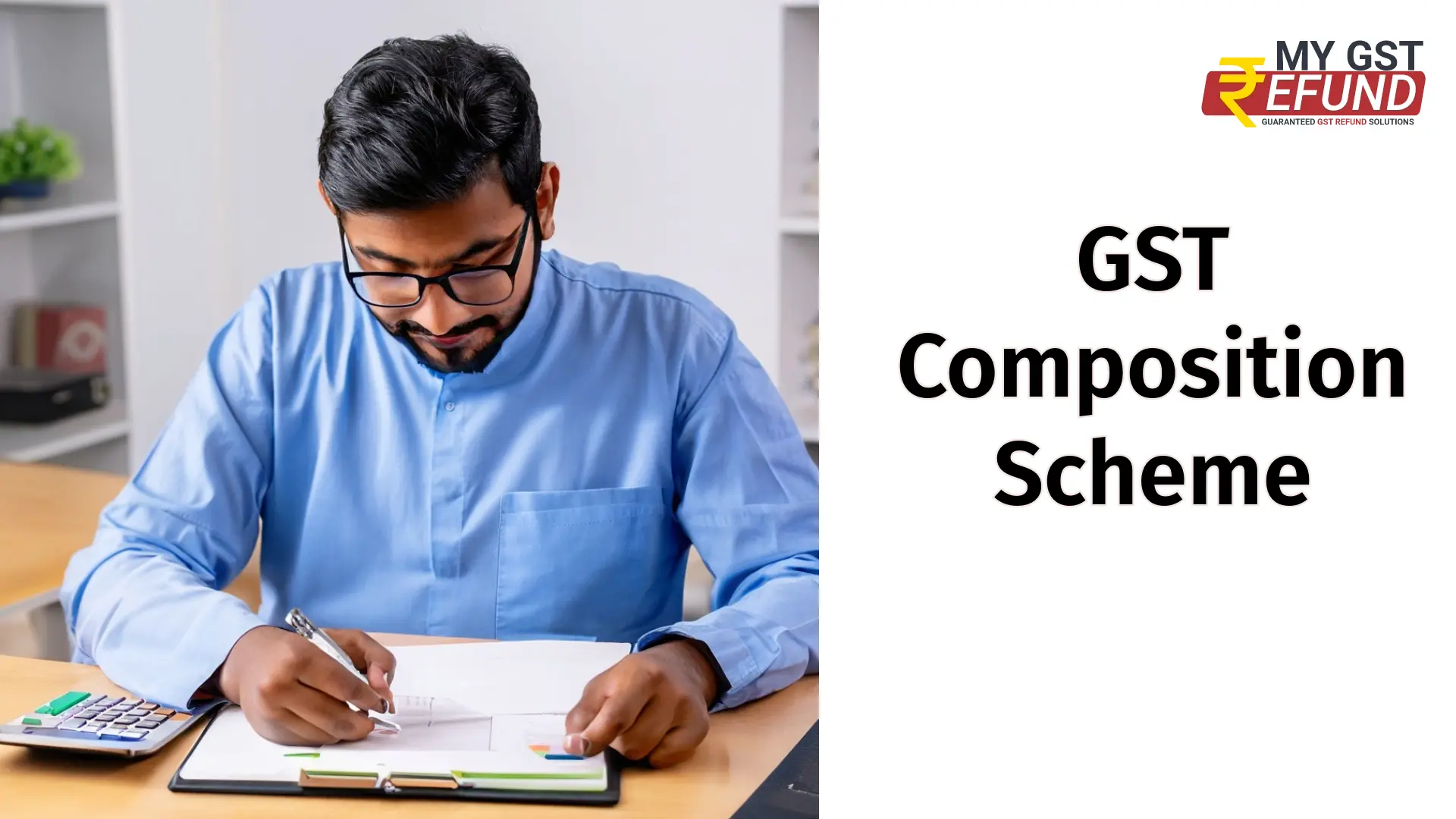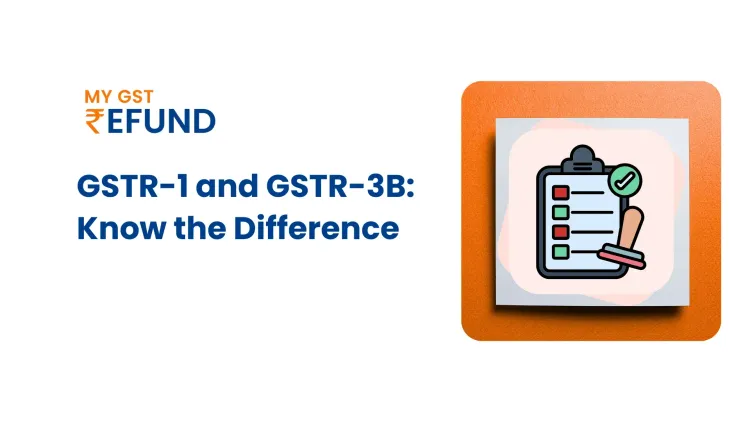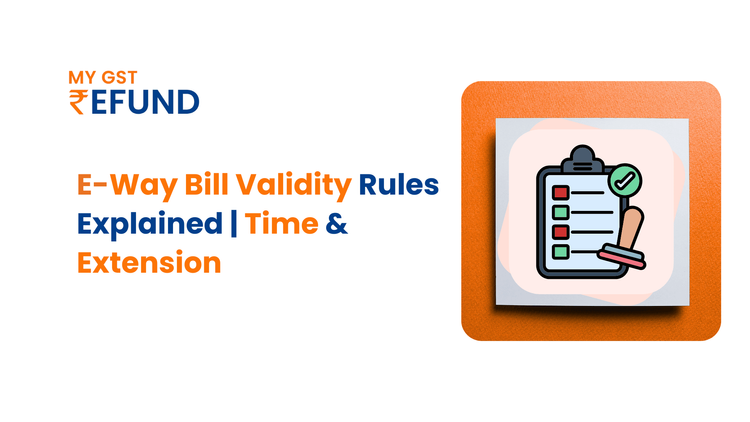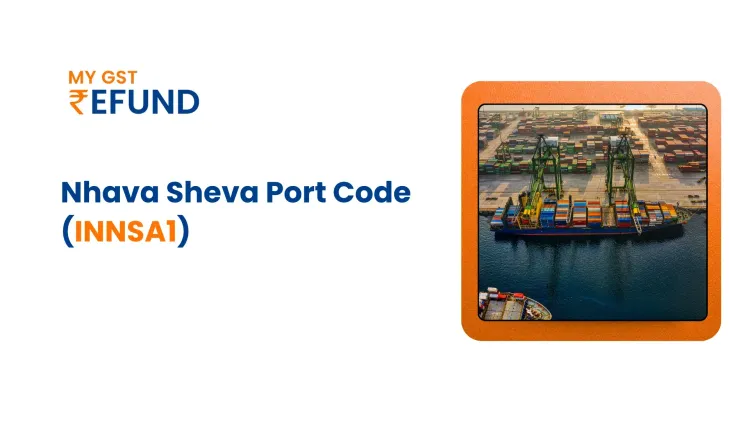GST composition scheme
Published on: Sat Oct 14 2023
GST Composition Scheme
The Goods and Services Tax (GST) Composition Scheme is a simplified tax scheme designed to ease the compliance burden for small businesses and reduce their tax liability. This scheme was introduced as part of India's GST reform to help small businesses thrive in the complex tax environment.
The GST Composition Scheme provides the advantage of paying a predetermined percentage of their total turnover as tax, rather than adhering to the standard GST rates that apply to a wide range of goods and services.
Who can opt for the GST Composition Scheme?
Small businesses and taxpayers with an aggregate turnover threshold of up to Rs. 1.5 crore in a financial year can opt for the Composition Scheme. For North Eastern and hilly states, this threshold is lower at Rs. 75 lakhs. This scheme is especially beneficial for businesses involved in the supply of goods.
Who cannot opt for the Composition Scheme?
The Composition Scheme is not open to all businesses. Here are some key exclusions:
- Suppliers of services or mixed suppliers (supplying both goods and services).
- Manufacturers of certain notified goods.
- Inter-State suppliers of goods.
- E-commerce operators and TCS (Tax Collected at Source) and TDS (Tax Deducted at Source) deductors.
- Businesses with multiple branches.
What are the conditions for availing Composition Scheme?
To avail the Composition Scheme, businesses must meet the following conditions:
- Be a registered taxable person under GST.
- Have an aggregate turnover that does not exceed the specified threshold, which is set at Rs. 1.5 crore for most states in India, and Rs. 75 lakhs for businesses located in North Eastern and hilly states.
- Not engage in the supply of services, except for specific notified services that are allowed under the scheme.
- Not manufacture certain notified goods that are excluded from the Composition Scheme.
- Mention "Composition Taxable Person" on all signboards displayed at the place of business, indicating their status under this scheme.
How can a taxpayer opt for a composition scheme?
To opt for the Composition Scheme, eligible businesses need to file Form GST CMP-02 at the beginning of each financial year. This form must be submitted before the start of the financial year in which the taxpayer intends to opt for the Composition Scheme.
How Should a Composition Dealer Raise Bill?
Composition dealers cannot issue a tax invoice for their sales. Instead, they should provide a bill of supply. The bill of supply should contain specific details as mandated by GST rules, including the words "Composition Taxable Person" on top.
What are the GST rates for a composition dealer?
Once you opt for GST composition, your business will be subject to a flat tax rate based on your turnover. The current rates are as follows:
Goods manufacturers and traders: A 1% GST rate applies, which is further divided into 0.5% CGST and 0.5% SGST.
Restaurants that do not serve alcohol: They are subject to a 5% GST rate, which is divided into 2.5% CGST and 2.5% SGST.
Service providers: They face a 6% GST rate, which is divided into 3% CGST and 3% SGST
How should GST payment be made by a composition dealer?
Composition dealers are required to pay tax on a quarterly basis. They must file Form GST CMP-08, which is a quarterly return. The payment must be made by the 18th of the month following the end of the quarter. Timely online payment is crucial to avoid penalties and interest charges. Record-keeping and filing returns are essential for compliance.
What are the returns to be filed by a composition dealer?
Composition dealers are required to file two returns under the GST Composition Scheme:
Form GST CMP-08: A quarterly statement of self-assessed tax.
Form GSTR-4: An annual return, which must be filed by the 30th of April following the end of the financial year.
What are the advantages of the Composition Scheme?
The GST Composition Scheme offers several advantages to small businesses:
Reduced compliance burden: Composition dealers have to file fewer returns and maintain less documentation.
Lower tax liability: The fixed tax rate is often lower than the regular GST rates.
Simple accounting: Businesses don't have to keep detailed records of Input Tax Credits.
Cash Flow Benefits: Businesses can benefit from improved cash flow as they pay taxes based on a fixed percentage of their turnover, reducing the impact of fluctuating input costs.
What are the disadvantages of the Composition Scheme?
While the Composition Scheme has its benefits, it also has some limitations:
Ineligibility for Input Tax Credit (ITC): Composition dealers cannot claim Input Tax Credit on their purchases, which can result in higher costs for them, as they cannot offset the GST paid on their inputs.
Limited Inter-State Sales: Composition dealers are not allowed to make inter-state sales. This restriction can limit their market reach and growth potential, especially for businesses looking to expand beyond their home state.
Restricted Access to E-commerce Platforms: E-commerce operators are required to collect tax at source (TCS) from composition dealers. This can make it challenging for composition dealers to sell their products through e-commerce platforms, limiting their market reach.
Lower Profit Margins: The fixed tax rate might not be favorable for businesses with high input tax credits, as they cannot offset these credits against their output tax. This can result in lower profit margins.
Higher Tax Liability as Turnover Increases: As the composition dealer's turnover grows, the fixed tax rate may become less advantageous compared to the regular GST rates. This can lead to higher tax liabilities for rapidly expanding businesses
FAQs
Can a composition dealer purchase goods from an inter-state supplier?
No, composition dealers are not allowed to make inter-state purchases or sales.
What are the specified composition rates?
The specified rates are 1% for manufacturers and traders, 5% for restaurants that don’t serve alcohol, and 6% for service providers.
Is a Composition Dealer allowed to avail Input Tax Credit?
No, composition dealers are not allowed to claim Input Tax Credit.
Can a Composition Dealer issue Tax Invoices?
No, they should issue a bill of supply instead.
What are the different types of returns a Composition Dealer has to file?
Composition dealers must file Form GST CMP-08 quarterly and Form GSTR-4 annually.
Related Posts




